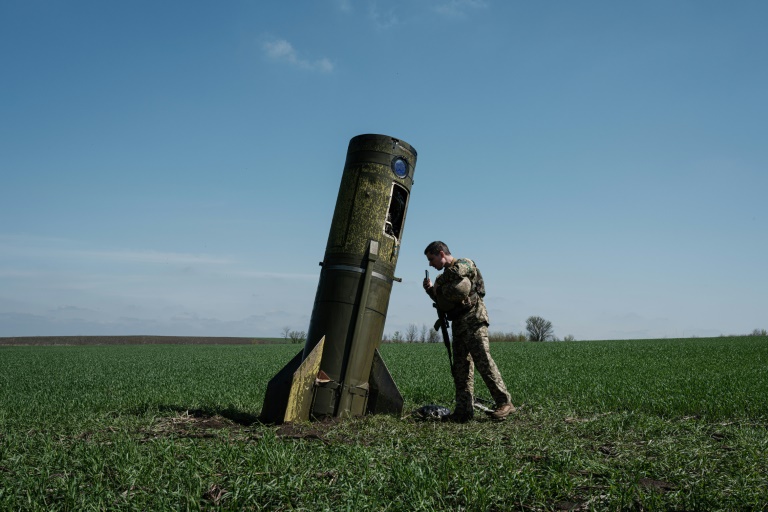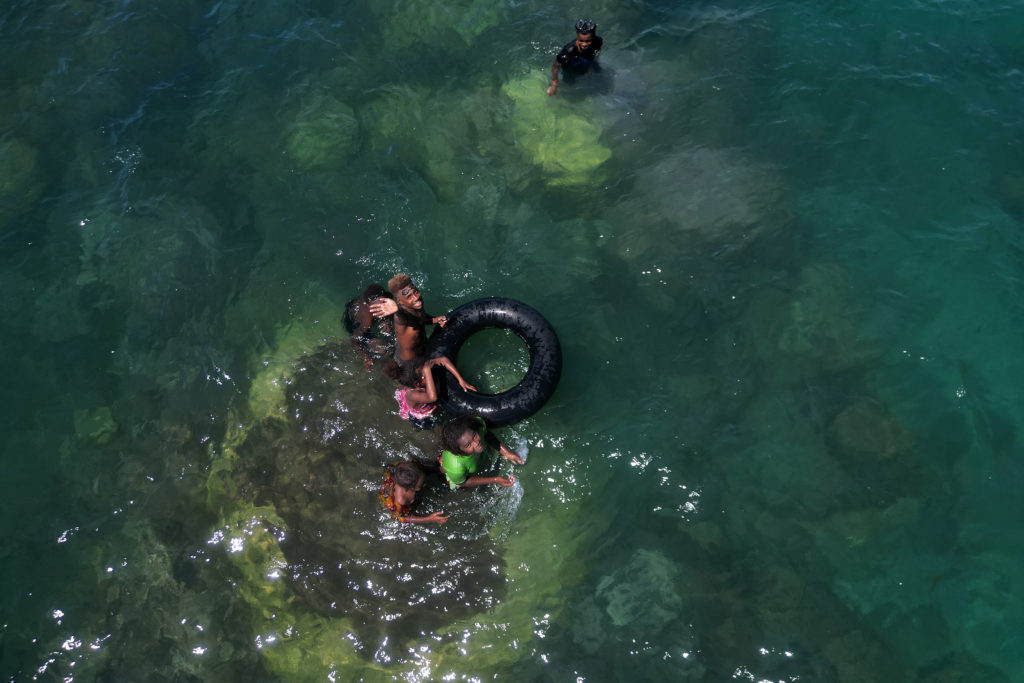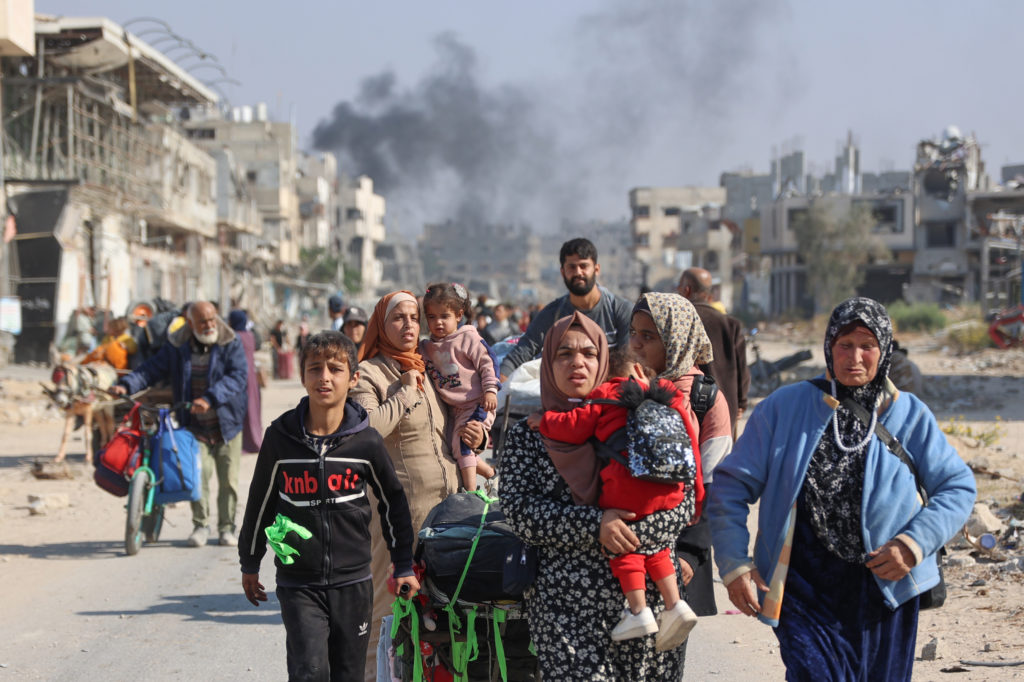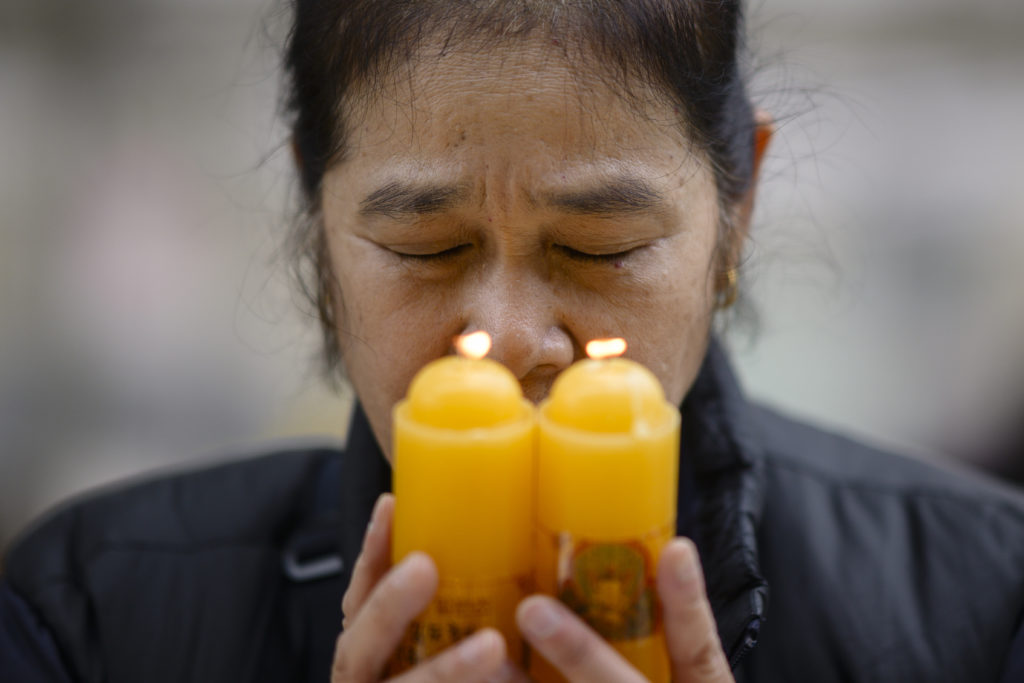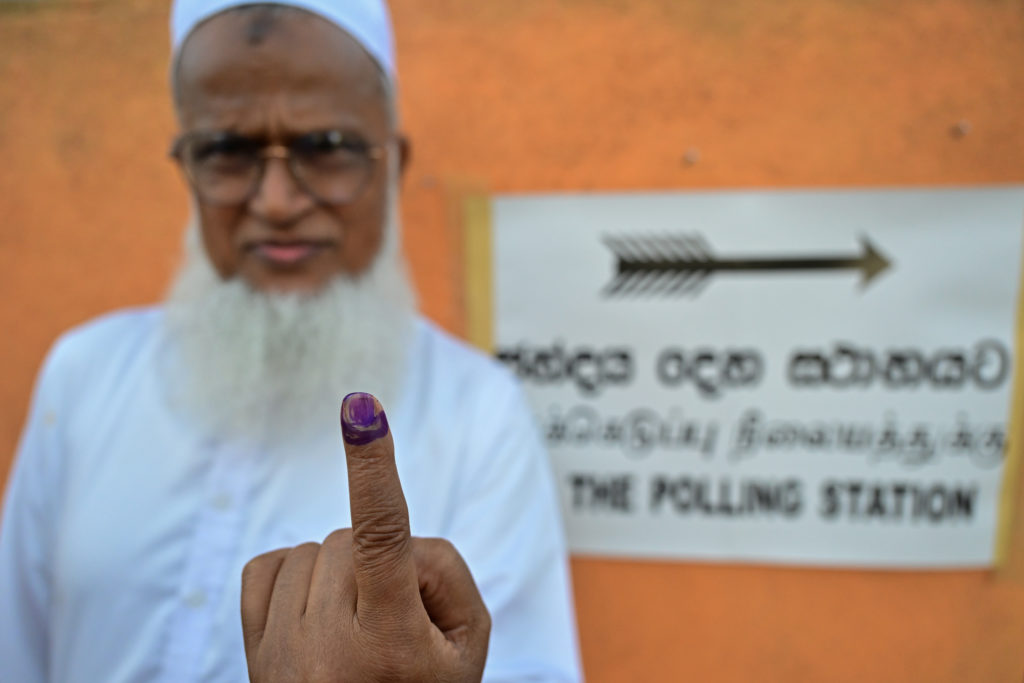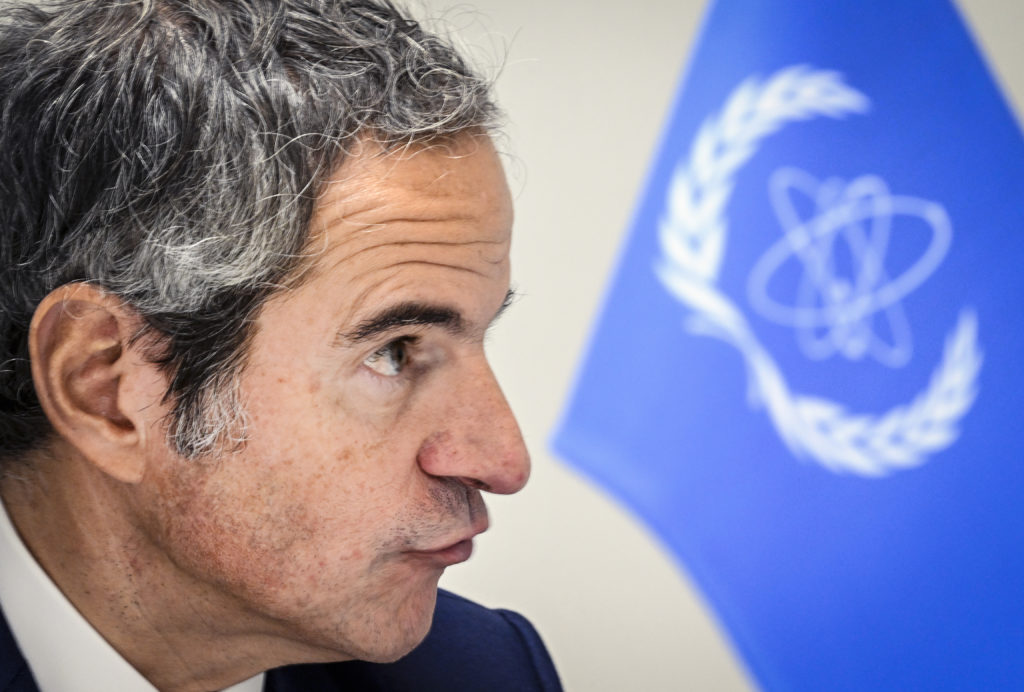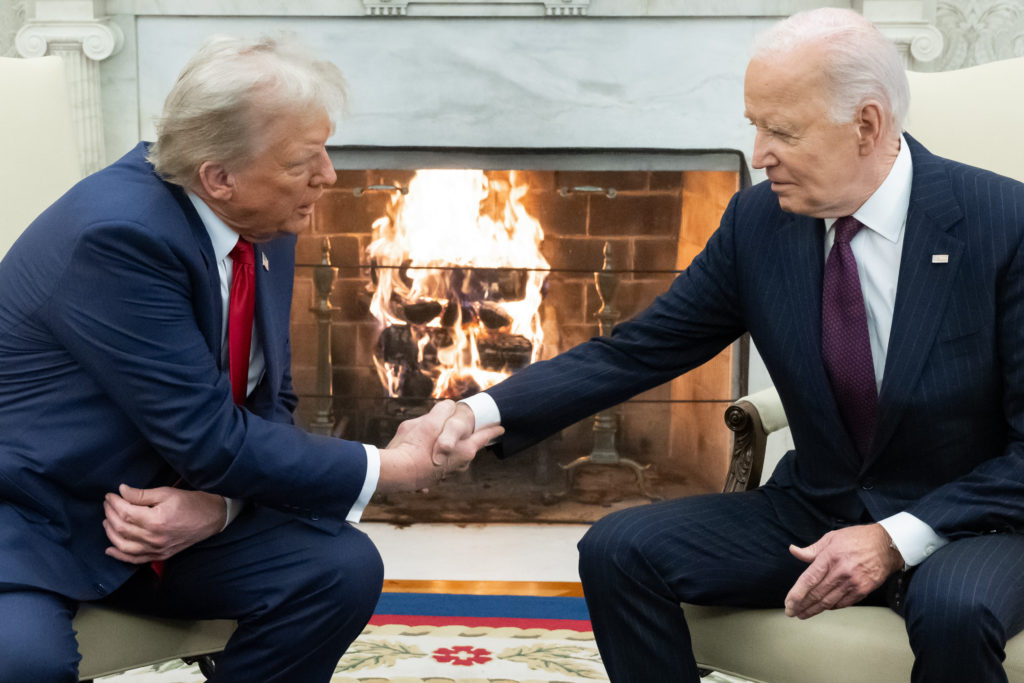Here are the latest developments in the war in Ukraine:
– Russia ‘ready to cooperate’ –
Russian Foreign Minister Sergei Lavrov tells visiting UN Secretary-General Antonio Guterres that Moscow is “ready to cooperate” with the UN to “alleviate the plight of the civilian population” in Ukraine.
Guterres, who is seeking to mediate in the conflict, is on his first visit to Moscow since the war began. He is to meet with President Vladimir Putin before travelling on to Kyiv for talks with President Vladimir Zelensky.
Guterres pushes for a ceasefire “as soon as possible” and for the establishment of humanitarian corridors “that are truly safe”.
President Vladimir Putin and his Turkish counterpart Recep Tayyip Erdogan in a telephone call discuss what the Kremlin calls Moscow’s “constant” efforts to ensure the safety of “peaceful civilians” in Ukraine.
– US, allies discuss weapons –
The meeting in Moscow comes as defence ministers of 40 countries gather for a summit at a US airbase in Germany to discuss boosting arms supplies to Ukraine.
Washington is pushing its allies to send Kyiv more heavy weapons to try to repel Russian forces, such as armoured vehicles and howitzer cannons.
– Germany to send anti-aircraft tanks –
German Defence Minister Christine Lambrecht says Berlin will send used Gepard anti-aircraft tanks to Ukraine, a major shift in policy away from providing mainly defensive weapons.
– Russia warns of World War III –
Russian Foreign Minister Sergei Lavrov warns there is a “real” danger of World War III breaking out as a result of the Ukraine conflict.
“The danger is serious, it is real, you can’t underestimate it,” he tells the Interfax news agency in a remark widely seen as an attempt to deter the West from providing Ukraine with heavy weapons.
– ‘Normal’ radiation levels at Chernobyl –
Russia’s more-than-month-long occupation of the Chernobyl nuclear disaster site in Ukraine was “very, very dangerous”, the head of the UN atomic watchdog’s chief says during a visit to the site.
“There have been some moments when the levels have gone up because of the movement of the heavy equipment that Russian forces were bringing here and when they left,” International Atomic Energy Agency (IAEA) director Rafael Grossi said, while assuring radiation levels were now back “at normal”.
Ukrainian officials claim that Russian soldiers were exposed to radiation by digging trenches in contaminated soil.
– Trouble in Transnistria –
Fears of the conflict spilling over into Moldova rise after a series of blasts in its breakaway Russian-backed Transnistria region, which borders western Ukraine.
Authorities in Transnistria say two explosions on Tuesday morning damaged a radio tower relaying Russian stations near the Ukrainian border and that on Monday evening the offices of the state security ministry were hit in a suspected grenade attack.
Ukraine accuses Russia of trying to “destabilise” Transnistria.
A Russian military chief last week angered Moldova by referring to the “oppression” of Russian speakers in Transnistria, an argument used by Moscow to justify its invasion of Ukraine.
– UK army targeted in ‘Russian hack’ –
The UK defence ministry says it is investigating a reported hack by Russia of its computer systems targeting more than 100 army recruits.
The Daily Mail tabloid says the hacker is suspected of being a Russian agent attempting to recruit British agents.
– Over 8 million refugees expected –
The UN says that nearly 5.3 million Ukrainians have fled the country since Russia invaded and warns that three million more could follow by the end of this year
burs-cb/ach

